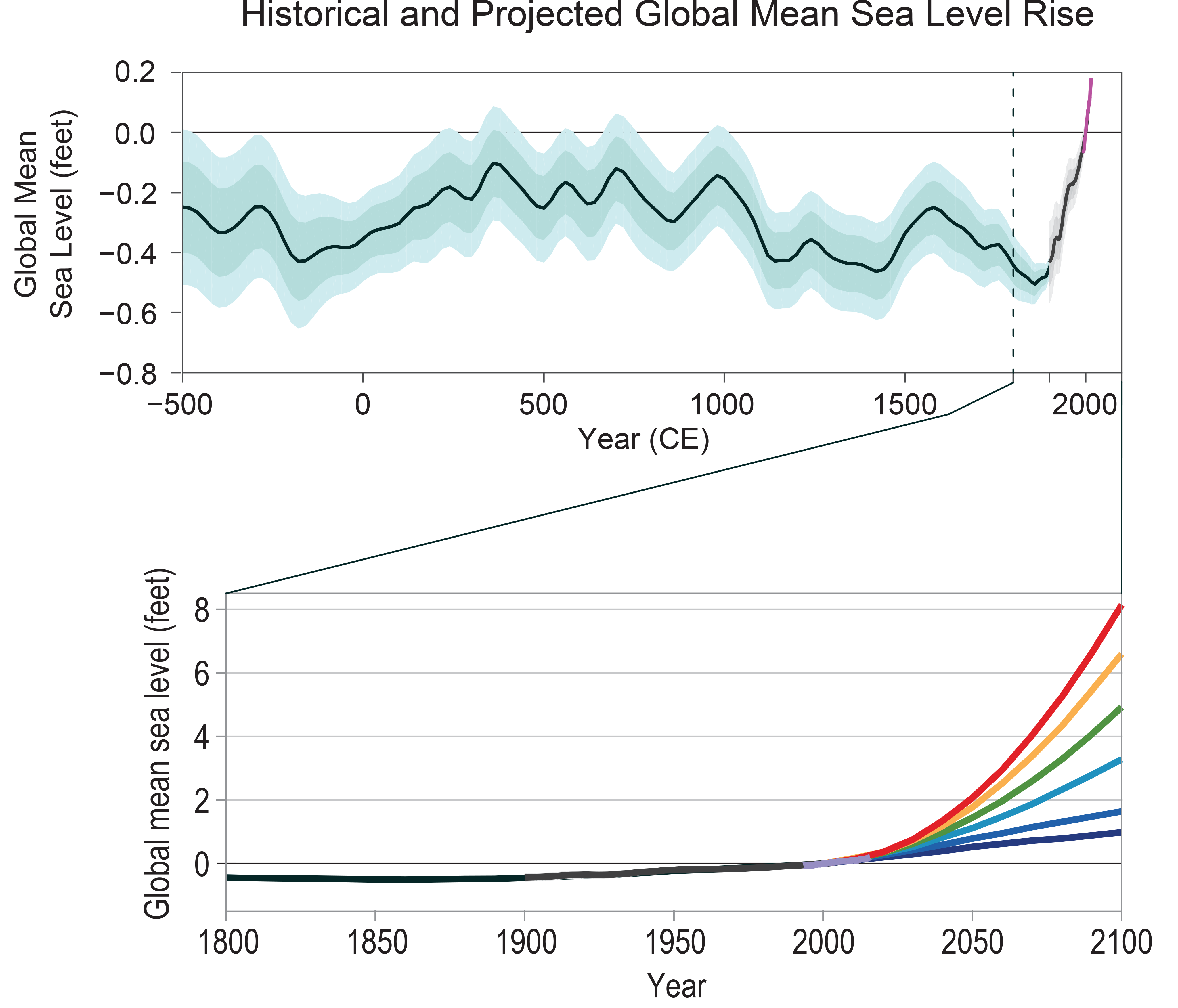

The current administration has made combating climate change a mainstay of its agenda, issuing a steady drumbeat of climate-related executive orders culminating in President Biden’s Executive Order 14057. In Executive Order 14057, the President articulated a vision of a carbon‑neutral economy by laying out a series of ambitious goals for achieving carbon neutrality by 2050. Those goals, as clarified by the Council on Environmental Quality’s Implementing Instructions issued in late August, include federal agencies reducing their own GHG emissions by 2030, with progress noted on Office of Management and Budget (OMB) scorecards. GHG emissions are defined to include carbon dioxide, methane, nitrous oxide, hydrofluorocarbons, perfluorocarbons, nitrogen trifluoride, and sulfur hexafluoride. Previously, we commented on related regulatory efforts, including the underlying FAR Case 2021-015 and two other open FAR cases. While the following discussion sheds light on the proposed rule, contractors should keep in mind that the rule’s mechanics will likely change somewhat in response to the ongoing notice and comment process. The proposed FAR rule is expected to be published in the Federal Register for comments on November 14, 2022, and marks the next step in the administration’s steady drive toward net-zero procurement.

The Biden Administration unveiled details regarding a forthcoming proposed Federal Acquisition Regulation (FAR) rule on Greenhouse Gas (GHG) emission disclosures for major federal suppliers on November 10, 2022. Titled the “Federal Supplier Climate Risks and Resilience Rule,” the proposed FAR rule would impose emission disclosure requirements on contractors that received $7.5 million or more in federal contract obligations in the prior fiscal year as a mandatory element of a FAR Part 9 responsibility determination.


 0 kommentar(er)
0 kommentar(er)
